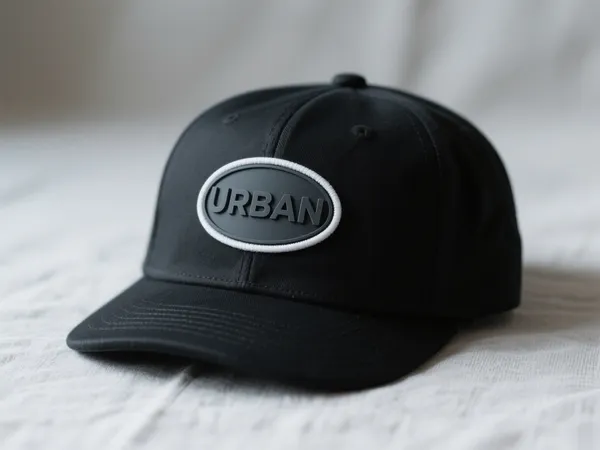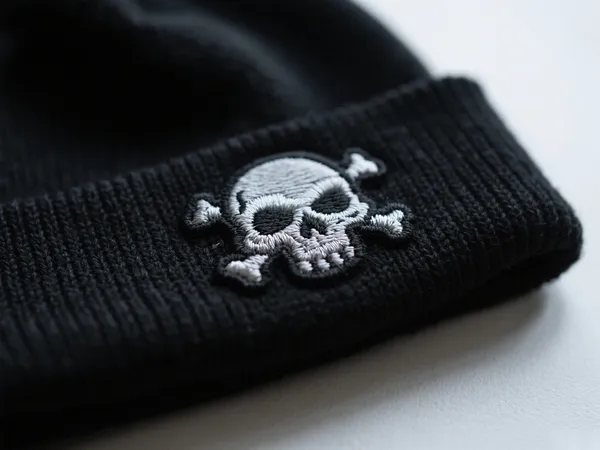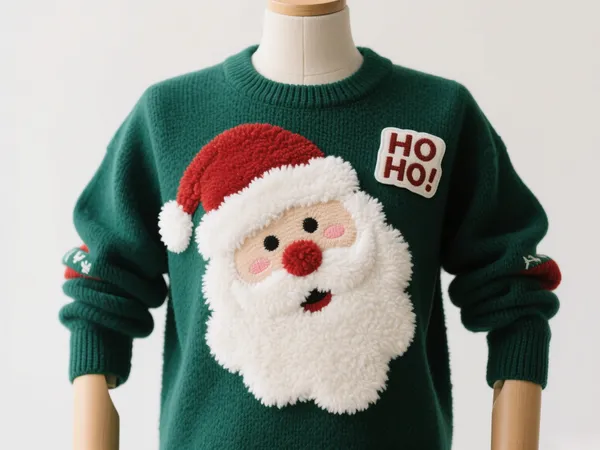Miếng dán là một cách mạnh mẽ để thể hiện bản sắc, thể hiện sự sáng tạo và nâng cao khả năng hiển thị của thương hiệu. Nhưng khi phải lựa chọn giữa miếng vá dệt và một miếng vá thêuNhiều người không chắc loại nào phù hợp nhất với mục đích sử dụng của mình. Cả hai loại đều có những ưu điểm và tính thẩm mỹ độc đáo — nhưng chúng khác nhau đáng kể về cấu trúc, hình thức và chức năng. Trong bài viết này, chúng ta sẽ cùng tìm hiểu miếng vá dệt so với miếng vá thêu tranh luận, so sánh điểm mạnh và điểm yếu của chúng và giúp bạn quyết định phương án nào phù hợp với dự án của mình.
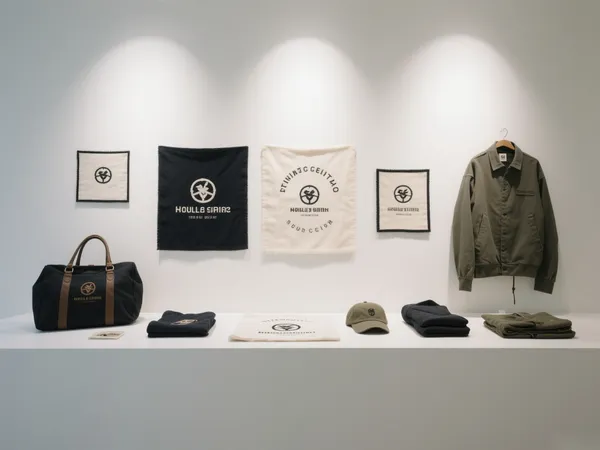
Hiểu những điều cơ bản: Miếng vá dệt và miếng vá thêu là gì?
Trước khi đi sâu vào so sánh, điều quan trọng là phải xác định điểm khác biệt của từng loại.
Miếng vá dệt
Miếng vá dệt được tạo ra bằng cách đan các sợi chỉ lại với nhau bằng khung cửi. Phương pháp này tạo ra bề mặt phẳng, mịn và cho phép thể hiện các chi tiết tinh xảo, phức tạp, đặc biệt là ở những chữ nhỏ hoặc logo chi tiết. Woven labels cũng được tạo ra bằng phương pháp này và thường được sử dụng trên quần áo để làm nhãn hiệu hoặc hướng dẫn chăm sóc.
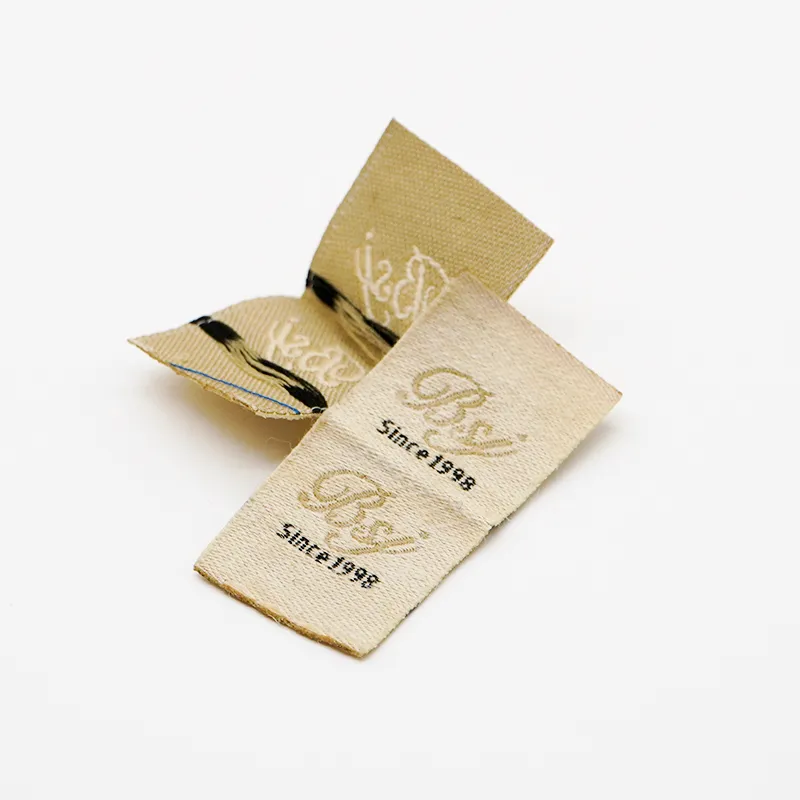
Miếng vá thêu
Miếng vá thêu được chế tác bằng cách khâu chỉ lên lớp vải lót (thường là vải vân chéo hoặc vải nỉ) để tạo thành họa tiết nổi. Kiểu này mang lại cảm giác ba chiều, sống động hơn, đó là lý do tại sao nó thường được chọn cho đồng phục, áo khoác và mũ.
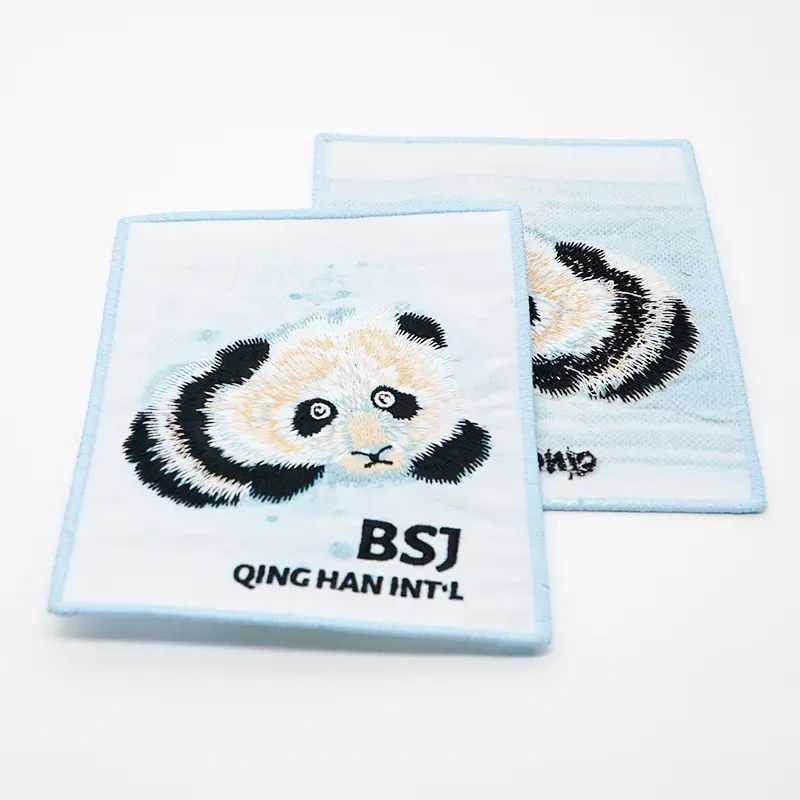
Điểm tương đồng chính giữa miếng vá dệt và miếng vá thêu
Mặc dù có cấu tạo khác nhau, nhưng miếng vá dệt và thêu có một số đặc điểm chung:
- Có thể tùy chỉnh: Cả hai đều có thể được cá nhân hóa bằng logo, văn bản hoặc đồ họa.
- Bền bỉ:Khi được sản xuất đúng cách, cả hai loại đều bền lâu và phù hợp để sử dụng thường xuyên.
- Ứng dụng đa năng: Thích hợp cho quần áo, túi xách, mũ, đồng phục và các mặt hàng khuyến mại.
- Nhiều tùy chọn sao lưu: Cả hai đều có thể sử dụng lớp nền ủi, dán Velcro, dán keo hoặc khâu tùy thuộc vào ứng dụng.

So sánh chi tiết: Miếng vá dệt so với miếng vá thêu
Chúng ta hãy phân tích những điểm khác biệt chính giữa hai loại bản vá này dựa trên một số tiêu chí.
1. Chi tiết và độ phân giải
- Miếng vá dệt: Lý tưởng cho các thiết kế phức tạp, văn bản nhỏ và đường nét mảnh. Vì sợi chỉ được dệt thay vì khâu, độ phân giải cao hơn và hình ảnh rõ nét hơn.
- Miếng vá thêu: Phù hợp hơn với các thiết kế đơn giản, đậm nét. Chữ nhỏ đôi khi có thể bị méo hoặc không rõ nét do độ dày của chỉ thêu.
Verdict: Chọn vải dệt cho các thiết kế chi tiết hoặc nhỏ.
2. Kết cấu và hình thức
- Miếng vá dệt: Phẳng và mịn khi chạm vào. Mang lại vẻ ngoài bóng bẩy, hiện đại.
- Miếng vá thêu: Bề mặt nổi, có kết cấu với cảm giác thủ công, có chiều sâu.
Verdict: Chọn thêu nếu bạn muốn có vẻ ngoài ấn tượng hơn hoặc cổ điển hơn.
3. Độ bền và độ mài mòn
- Miếng vá dệt: Mềm dẻo hơn và mỏng hơn một chút. Lý tưởng cho quần áo nhẹ hoặc các ứng dụng mềm mại.
- Miếng vá thêu: Nặng hơn và cứng hơn. Thích hợp cho trang phục ngoài, mũ lưỡi trai và sử dụng trong điều kiện khắc nghiệt.
Verdict:Cả hai đều bền, nhưng thêu có thể bền hơn khi sử dụng ở cường độ cao.
4. Chi phí và thời gian sản xuất
- Miếng vá dệt: Thông thường giá thành rẻ hơn đối với những thiết kế phức tạp do dễ dệt chỉ.
- Miếng vá thêu: Có thể tốn kém hơn, đặc biệt là đối với các thiết kế có nhiều chi tiết đòi hỏi đường khâu dày đặc.
Verdict: Miếng vá dệt có thể tiết kiệm chi phí hơn cho các logo chi tiết.
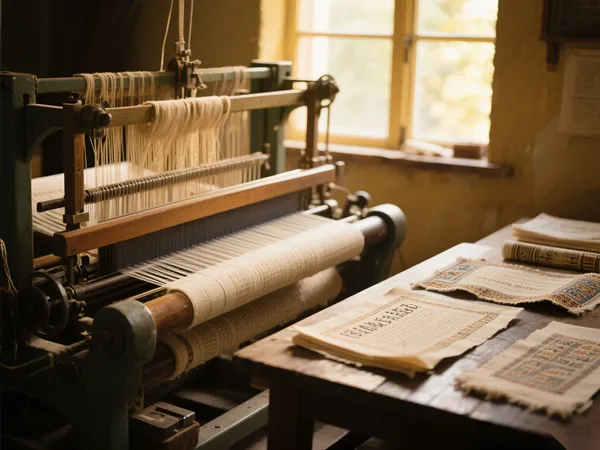
Khi nào nên sử dụng nhãn dệt so với nhãn thêu
Trong ngành thời trang và dệt may, các thuật ngữ nhãn dệt Và nhãn thêu cũng được sử dụng thường xuyên và logic tương tự cũng được áp dụng.
- Nhãn dệt: Thích hợp nhất cho nhãn chăm sóc, nhãn thương hiệu, nhãn kích thước — nơi độ trong suốt và mềm mại là quan trọng.
- Nhãn thêu: Thường được sử dụng để trang trí hoặc làm thương hiệu trên áo khoác ngoài hoặc phụ kiện.
Nếu bạn đang sản xuất áo thun, váy hoặc đồ lót, nhãn dệt có thể là lựa chọn tốt hơn nhờ tính thoải mái và dễ đọc. Đối với áo khoác hoặc trang phục cao cấp, nhãn thêu có thể nâng cao giá trị cảm nhận.
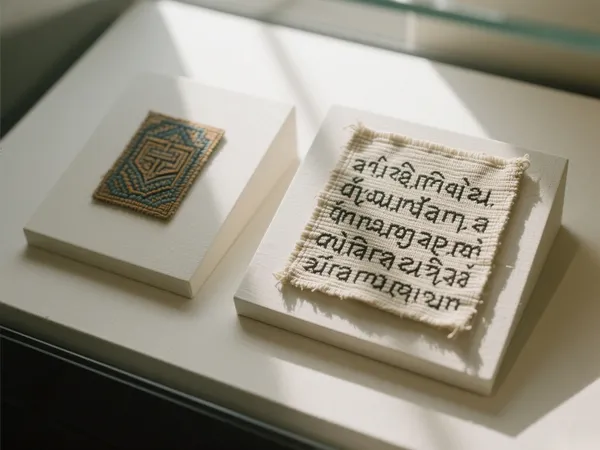
Chọn miếng vá phù hợp cho thương hiệu hoặc dự án của bạn
Hãy tự hỏi bản thân những điều sau đây khi quyết định giữa miếng vá dệt và thêu:
- Thiết kế của tôi có bao gồm văn bản nhỏ hoặc chi tiết nhỏ không?
- Miếng dán sẽ được dán lên vật liệu nhẹ hay nặng?
- Tôi muốn có vẻ ngoài phẳng hay gồ ghề?
- Ngân sách của tôi là bao nhiêu?
- Kết cấu và độ chính xác quan trọng như thế nào?
Nếu mục tiêu của bạn là một kết thúc sạch sẽ, chuyên nghiệp với chi tiết chính xác, hãy sử dụng miếng vá dệt. Nếu bạn thích vẻ ngoài đậm nét, truyền thống và có kết cấu, một miếng vá thêu might be the better choice.
Suy nghĩ cuối cùng
Không có lựa chọn “tốt nhất” chung nào cả — tất cả phụ thuộc vào thiết kế, cách sử dụng và tính thẩm mỹ của thương hiệu. Cả hai miếng vá dệt và thêu đóng vai trò quan trọng trong thế giới thời trang, xây dựng thương hiệu và thể hiện bản thân. Hiểu được sự khác biệt của chúng sẽ giúp bạn đưa ra lựa chọn tốt nhất cho dự án tiếp theo của mình.
Cho dù bạn là nhà thiết kế tạo ra nhãn hiệu hoàn hảo hay là người quản lý nhóm tạo miếng vá tùy chỉnh cho đồng phục, việc chọn đúng loại miếng vá sẽ đảm bảo thông điệp của bạn rõ ràng và phong cách của bạn không thể nào quên.

